The Sage of Omaha once said, and I paraphrase a little, that when you get a technology based transformation its much easier to pick the losers than pick and make money on the winners. His cases in point were the automobile and the plane. Whilst cars changed the way people moved around forever more, it was certainly easier to determine that buggy whip sales and demand for horses would decline than to pick the winners in the car race. In fact the car industry expanded at an incredible rate (over 2000 makes) before imploding back to a handful of major players. Ditto aviation. The automobile and aviation industries have caused enormous investor wealth destruction over the past decades. But they did change our society’s lifestyle in a big way, didn’t they?
The big question is; “Is this happening again now?” The world is benefiting from the evolution of the mobile phone and its been easy to predict the decline in letters being sent and landlines being used. It has been less easy to predict who are going to be the winners. Nokia and Blackberry – YES – then not so much…. The Smartphones of Apple and Samsung are the darlings now. And isn’t it interesting that Sony (Japan) doesn’t appear in this equation given Samsung (Korea) is the leader? Why Samsung and not Sony? Samsung followed in Sony’s footsteps for years. And now there is China with Huawei and Xiaomi (pronounced Shaomee). Where will Xiaomi end up? This Chinese start-up is already the worlds 4th largest smartphone maker and they only launched their first phone in 2011. They have sold over 60 million smartphones and their market capitalisation has been as high as US$45 Billion. (As an aside they paid US$3.6 million for their current domain name Mi.com)
If we diagnose a pattern from the automobile to the smartphone we should see a vast divergence of providers of smartphones, followed by a painful contraction where the industry consolidates with clear winners who compete away all the value created until we are a zero sum game from start to finish albeit with some big losers and big winners along the way.
The car industry competed away and cost their way to capital destruction. The aviation industry has done the same thing. With more and more people expecting to pay less and less for everything including our modern day sword, the smart phone, we can only expect a similar story.
As of Q2 2015 the market shares were:

Nokia peaked at about 50% market share in traditional mobile phones. Blackberry was about 20%. Neither are in the top 5 Smartphone providers.
It will probably a be a lot easier for us to determine who and what to short:
- non smartphone phones
- other internet access devices (like pcs)
- other forms of communication (like email)
- other networking equipment (like servers, routers)
- things kids used to play with (like skateboards and cricket bats)
than to work out which smartphone suppliers will be atop the pile in a decade……

Comments are closed.